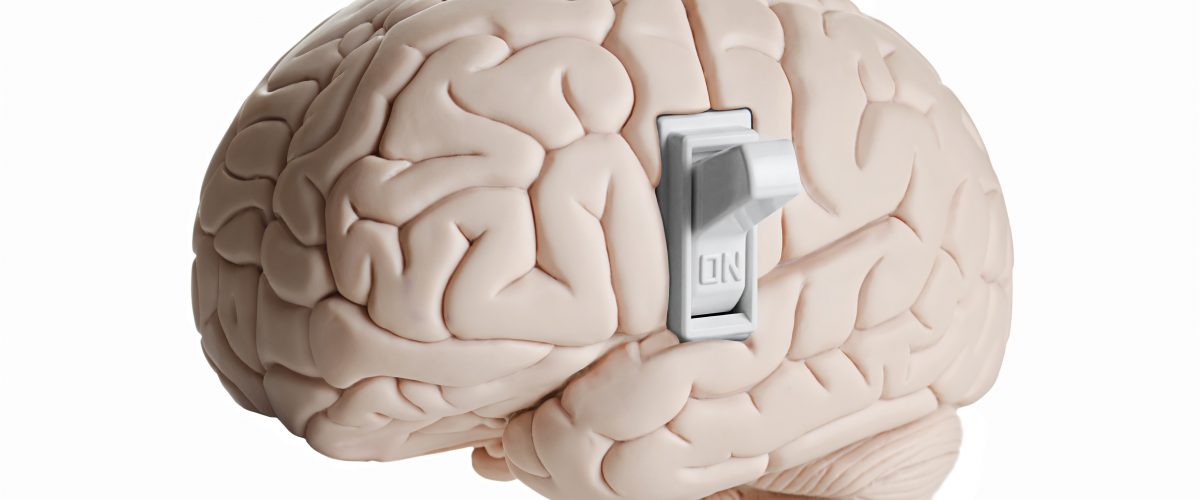By Virginia Gurley, MD, MPH
MB (Marc Braman, MD, MPH):
Our topic this session, as part of our series of Sleep 201, is Turn off your mind for better sleep. Thank you for joining us, Dr. Gurley.
VG (Virginia Gurley, MD, MPH):
Thank you, Dr. Braman.
MB:
So, one of the most common things I hear as a physician, as I work with people on sleep issues, is the “I can’t turn my mind off” when they want to go to sleep. Is this common?
VG:
Yes, it’s one of the most common challenges among people who have difficulty sleeping, it’s that turning off their thoughts. And most often, the problem isn’t just the thinking, it’s that those late night thoughts are often about recent stressful experiences or future events that you are anxious and worried about.
MB:
Essentially, we are “stressing”, and that keeps us from good sleep.
VG:
That’s right. Recent research shows that not getting enough sleep significantly increases how easily you experience stress, so then a vicious cycle gets established of spending more of your day feeling stressed, which keeps you from sleeping well, which in turn increases how easily you get stressed. So, not getting good sleep increases the total amount of time your body spends in stress mode.
MB:
So, that’s not sounding like a lot of fun. We are going to want to break that cycle and build a pattern that makes us happy and healthy with our sleep. What can we do?
VG:
In the sleep 101 session on mental activity and sleep, we talked briefly about how a practice called mindfulness meditation can help you sleep better. In fact, a recent study found that mindfulness meditation is as effective for improving sleep in people with insomnia as the prescription sleep medication Lunesta. In addition, many studies have shown that mindfulness meditation reduces the emotional and physical symptoms of stress, and it’s thought that mindfulness meditation improves sleep because it reduces the symptoms of stress.
MB:
Wow, so a lifestyle medicine treatment that is effective as prescription medication. That sounds pretty good. But some of us may be concerned that this seems kind of weird or may be in conflict with our spiritual beliefs. Can you describe a little more exactly what “mindfulness meditation” actually is?
VG:
Yes, it’s not a religious practice at all and basically mindfulness meditation is a daily practice of sitting quietly for 20-30 minutes and focusing all your attention on your breathing. But because we all have thoughts running through our minds all the time, MM really helps you become aware of when you go into thinking mode and strengthens your ability to switch from thinking to simply focusing on your breath. There are courses for learning MM, as well as books and recordings that teach you how to do it.
MB:
What if some of us still have issues with it or it seems too different for us? Are there other options for effectively lowering our bodies stress level?
VG:
Yes, so MM is very effective but you’re right, it’s not for everyone. Luckily, more and more research is suggesting that many kinds of stress-reducing activities are effective for improving sleep, especially sleep problems due to thinking or worrying when you should be and want to be sleeping. This means that rather than focusing directly on “fixing” your sleep, finding and routinely practicing an activity that reduces your stress, especially an activity that helps you relax prior to going to sleep, is likely to be more effective for helping you get to sleep, stay asleep, and return to sleep quickly if you do wake up.
MB:
Which stress-relieving activities are the best or most effective?
VG:
There haven’t been a lot of comparative studies, but one recent study found that vigorous daytime exercise, MM and a biofeedback stress reducing technique called heart rate variability feedback were all equally effective for improving sleep quality. All together, my interpretation of this research is that taking care of your stress is no different than taking care of your teeth, or your skin, or any other part of your body – if you develop a regular daily habit of removing stress from your body and your mind, you can break out of the vicious stress-sleeplessness-stress cycle and enjoy peaceful restorative sleep.
MB:
I like it. Our lifestyle prescription for “turning it off” so we can sleep, is to use those scientifically demonstrated methods of treating the stress that’s causing the insomnia and poor sleep.
Until our next session, “Sweet Dreams!”
Sleep deprivation and stressors: evidence for elevated negative affect in response to mild stressors when sleep deprived. Minkel JD, Banks S, Htaik O, Moreta MC, Jones CW, McGlinchey EL, Simpson NS, Dinges DF. (2012) Emotion. 12(5):1015-20. doi: 10.1037/a0026871.
Mindfulness-based stress reduction versus pharmacotherapy for chronic primary insomnia: a randomized controlled clinical trial. Gross CR, Kreitzer MJ, Reilly-Spong M, Wall M, Winbush NY, Patterson R, Mahowald M, Cramer-Bornemann M. (2011). Explore (NY). Mar-Apr;7(2):76-87. doi: 10.1016/j.explore.2010.12.003.
Physical Activity, Mindfulness Meditation, or Heart Rate Variability Biofeedback for Stress Reduction: A Randomized Controlled Trial. van der Zwan JE, de Vente W, Huizink AC, Bögels SM, de Bruin EI. (2015) Appl Psychophysiol Biofeedback. DOI 10.1007/s10484-015-9293-x.





